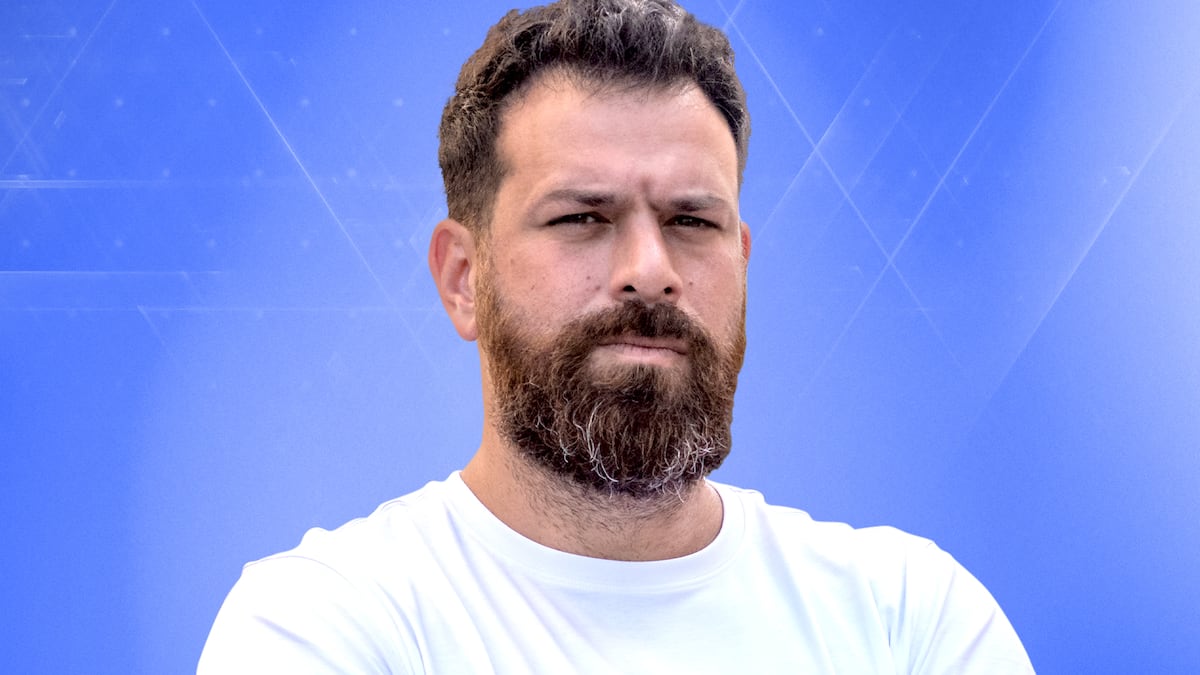Micky Watkins is the Founder and CEO of World Mobile Group, as well as a telecoms entrepreneur and futurist. Over the past decade, he has developed innovative solutions and business models aimed at transforming global connectivity. He previously founded Yallo, the first VOIP platform of its kind, and has raised millions in venture and private funding from institutions including Deutsche Telekom and Carmel Ventures.
What inspired World Mobile to challenge traditional telecom providers, and why opt for a decentralised approach?
The starting point was the global connectivity gap — nearly three billion people still lack reliable internet access.
Traditional telecoms have failed to close this gap, often prioritising profit margins and control over accessibility. Many rely on models built around artificial scarcity, high infrastructure costs, and monopolistic practices, which limit reach and compromise user privacy through excessive data collection and monetisation.
Decentralisation provides a different path. By using blockchain technology and decentralised physical infrastructure, World Mobile aims to put ownership and benefits in the hands of those who use the network.
This approach allows individuals to maintain control over their digital identity and personal information, unlike conventional telecom models that harvest and monetise user data. The end goal is to offer connectivity that doesn’t come at the expense of privacy.
How do you position World Mobile as a legitimate telecom alternative while remaining compliant with regulations?
World Mobile isn’t trying to bypass existing systems — it’s working within them to introduce a different kind of network. Traditional telecom operators often function with limited transparency and centralised oversight, especially when it comes to managing user data and service delivery.
In contrast, World Mobile is developing a decentralised alternative that complies with national and international regulatory frameworks, while upholding user sovereignty.
Engaging directly with regulators in various countries, the company is demonstrating that a decentralised model can coexist with compliance.
This includes showing that personal data doesn’t need to be commodified for a network to function efficiently or grow. The aim is to offer a scalable and sustainable telecom model that respects privacy and gives users more control.
What makes World Mobile Chain different from other blockchain or telecom solutions, and could it be applied beyond telecom?
World Mobile Chain was purpose-built to support telecom infrastructure and transactions. Traditional networks suffer from issues like high operational costs, poor transparency, and weak data protection.
World Mobile Chain addresses these challenges in several ways:
- Transparency: All network activity, from data usage to rewards distribution, is recorded on-chain.
- Privacy: Users interact with the network without exposing personal information, which remains encrypted by default.
- Cost-efficiency: Smart contracts reduce the need for intermediaries, making services more affordable.
- Incentives: Both users and network operators are rewarded for participation and support.
While its primary focus is telecom, the architecture can extend to other DePIN use cases, such as decentralised energy grids, IoT systems, and digital identity frameworks.
What we’re building could serve as a model for wider decentralised infrastructure initiatives.
How do AirNodes and EarthNodes function within the network, and what motivates people to run them?
The World Mobile network is based on a distributed node structure designed for resilience and scalability.
- AirNodes deliver the “last mile” of connectivity, offering internet access via Wi-Fi or mobile links. These can be hosted by individuals or communities who then earn revenue for providing access.
- EarthNodes form the computational backbone of the network, processing transactions, securing data, and managing network operations. Operators are rewarded with WMTx for running EarthNodes and ensuring network integrity.
This setup moves away from the centralised ownership seen in legacy systems. Importantly, users maintain control over their own data and can directly benefit from operating or supporting the network.
What benefits does World Mobile gain from being part of the Wi-Fi Alliance?
Joining the Wi-Fi Alliance enhances our ability to meet global standards for performance, security, and interoperability.
It’s an important step in demonstrating that a decentralised network can still operate within established technical frameworks.
One key benefit is access to Wi-Fi Passpoint, a protocol that allows users to connect securely and automatically to Wi-Fi networks. Integrating Passpoint means users can offload data traffic to AirNodes without needing to log in manually, reducing pressure on mobile infrastructure.
This also benefits AirNode Operators, who earn from increased data usage as more devices connect through their nodes.
The model incentivises decentralised participation and ensures value is shared more broadly, rather than being retained by a few large providers.
If World Mobile achieves its goals, how might the telecom landscape change by 2035?
We envision a very different telecom industry within the next decade.
Instead of a few dominant providers, connectivity could be driven by decentralised, community-powered networks where users play an active role in maintaining and benefiting from the system.
In this future, connectivity is viewed as a basic right — available even in underserved regions. User privacy would be protected by default, and critically, the value generated by network participation would be shared among users, rather than extracted by central entities.
While this transformation won’t happen overnight, we believe it’s a necessary shift. Our work shows that telecom networks can be built and run in ways that are more inclusive, equitable, and aligned with the principles of digital freedom.
